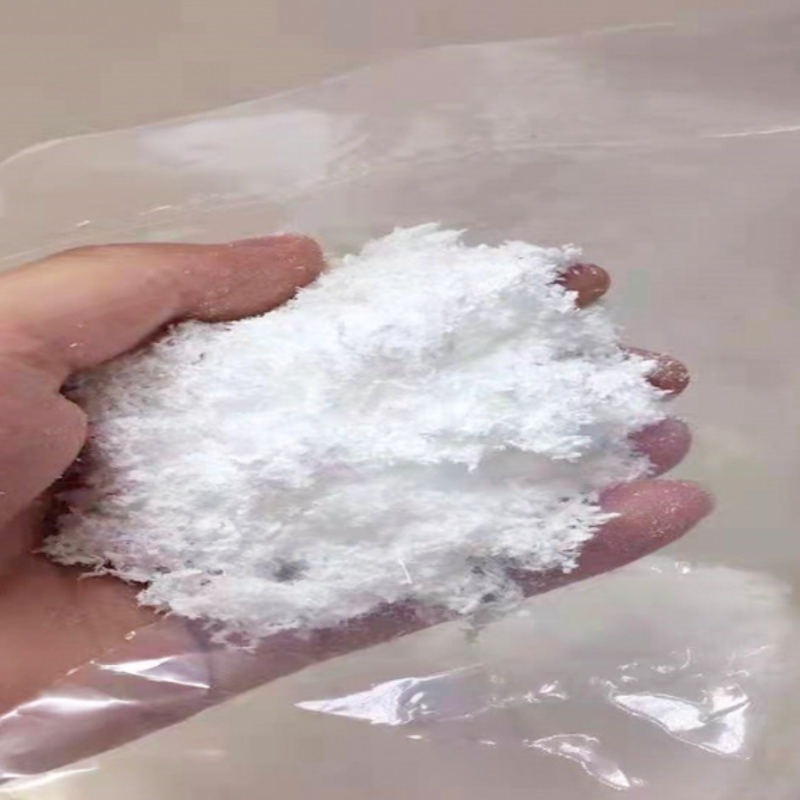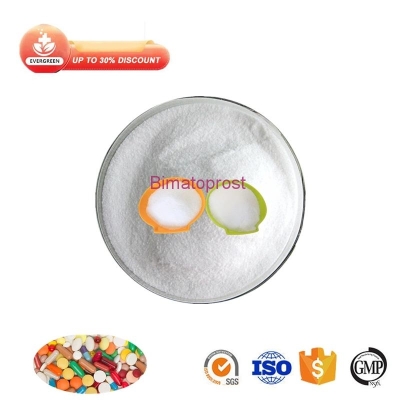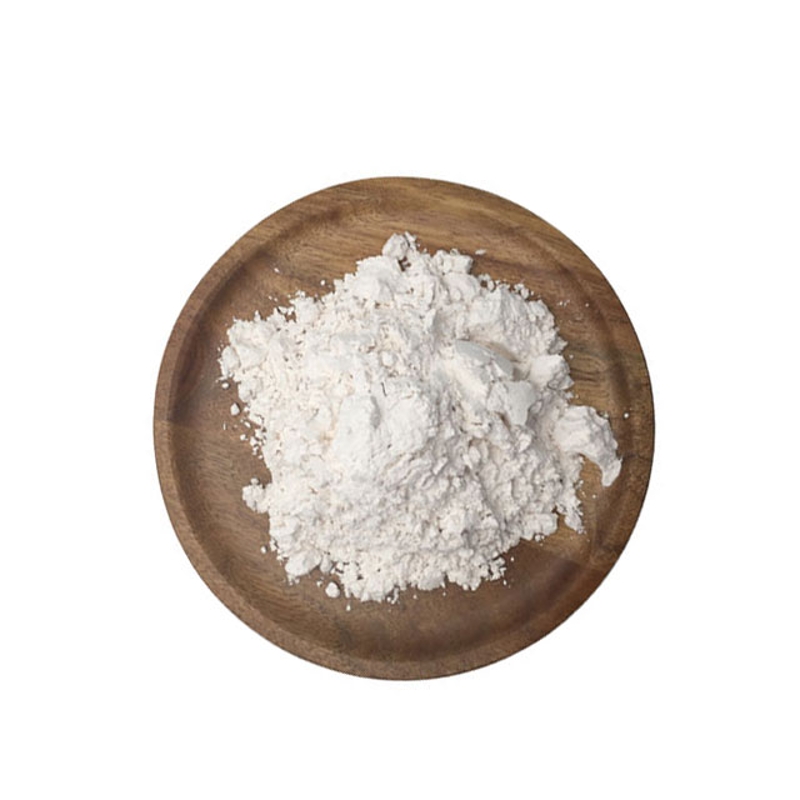-
Categories
-
Pharmaceutical Intermediates
-
Active Pharmaceutical Ingredients
-
Food Additives
- Industrial Coatings
- Agrochemicals
- Dyes and Pigments
- Surfactant
- Flavors and Fragrances
- Chemical Reagents
- Catalyst and Auxiliary
- Natural Products
- Inorganic Chemistry
-
Organic Chemistry
-
Biochemical Engineering
- Analytical Chemistry
- Cosmetic Ingredient
-
Pharmaceutical Intermediates
Promotion
ECHEMI Mall
Wholesale
Weekly Price
Exhibition
News
-
Trade Service
Monogenic diabetes , maturity including juvenile diabetes (MODY), diabetes caused by a single gene abnormality
.
Monogenic diabetes can be caused by mutations in genes that disrupt glucose sensing, insulin transcription, KATP channels that transmit insulin release signals, insulin genes, or pancreatic development
Diabetes Monogenic diabetes can be caused by mutations in genes that disrupt glucose sensing, insulin transcription, KATP channels that transmit insulin release signals, insulin genes, or pancreatic development
MODY caused by mutations in glucokinase (GCK) can cause mild, stable hyperglycemia with low risk of complications and usually does not require any treatment, but it may have an impact on pregnancy management
The researchers evaluated the genome-wide sequence data of adolescents who were clinically diagnosed with T2D
.
Participants are considered to have MODY if their MODY gene variants are classified as potentially pathogenic (LP) or pathogenic (P) according to current guidelines
Results Among the 3333 participants, 93 (2.
8%) carried HNF4A (16), GCK (23), HNF1A (44), PDX1 (5), INS (4) and CEL (1) The LP/P variant
.
Compared with those without LP/P variants, young people with MODY were younger at the time of diagnosis (12.
Compared with those without LP/P variants, young people with MODY were younger at the time of diagnosis (12.
Average age at diagnosis (A), fasting C peptide (B), fasting total cholesterol (C), triglycerides (D), low-density cholesterol (E), and non-MODY and MODY participants and non-GCK and GCK MODY subgroups High-density cholesterol (F)
.
By fully sequencing the coding regions of all MODY genes, the study found MODY in 2.
8% of adolescents who were clinically diagnosed with T2D; importantly, 89% of specific diagnoses would change clinical management
.
8% of adolescents who were clinically diagnosed with T2D; importantly, 89% of specific diagnoses would change clinical management
.
By fully sequencing the coding regions of all MODY genes, the study found MODY in 2.
references:
Monogenic Diabetes in Youth With Presumed Type 2 Diabetes: Results From the Progress in Diabetes Genetics in Youth (ProDiGY) Collaboration.
Monogenic Diabetes in Youth With Presumed Type 2 Diabetes: Results From the Progress in Diabetes Genetics in Youth (ProDiGY) Collaboration.
Leave a message here







